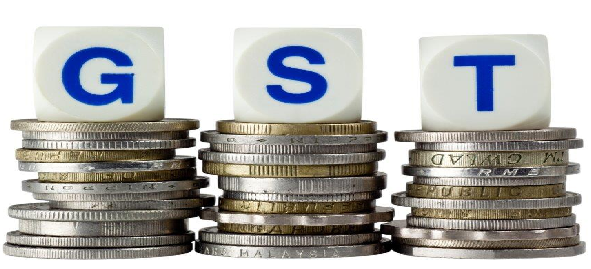Goods and Services Tax is the biggest tax reform we have witnessed. It has given birth to a completely new and unified tax structure in India. It replaces the indirect taxes like Excise duty, Service Tax, VAT, CST etc. This new tax regime is known to remove the cascading effect of tax on the business of the products and services. This tax structure was levied to make the products and services available to consumers at a lesser price. It was also supposed to be helpful in increasing the production capacity and the buying power of a common man. In short, it was supposed to increase the GDP at least by 1% to 3%.

According to the latest news on GST, India has announced a growth of 7.1% for the financial year 2016-17 and for the March, it was 6.1%. Talking about the recent GDP Data for July to September Quarter, the country’s GDP has been pegged at 6.3% as compared to 5.7% in the previous quarter. We are expecting the GDP figure to be 6.7% in the financial year 2018, 7.3% in financial year 2019, and 7.5% in the financial year 2020.
Now assessing the impact of GST on our GDP, here are the positive points:
- Since there is now one tax rate, it has created a unified market in terms of tax implementation. This has helped the seamless transaction of goods and services all across the states.
- The cost of the transaction has reduced, as the news on GST confirms. As per a study, it was inferred that there were about ten types of taxes which were levied on the road transport. GST has eliminated all and hence has considerably reduced the transportation cost.
- As the GST has now been implemented, the export of goods and services has become competitive due to the non-effect of cascading taxes on goods and products. As per a study by NCAER, they recommended that GST is a revolution and has the potential to increase the country’s GDP by at least 0.9% to 1.7%.
- GST is a more transparent tax structure. This will help garner more revenue to the government since GST will improve the tax compliances. Even the corruption will be reduced significantly.
- Since GST has replaced all the taxes, the exemption in excise duty to manufactures has also become void, giving more revenue to government, resulting in a higher GDP.
Talking about the negative impact on GDP,
- With GST slabs of 18% and 28%, some services have become costlier leading to short-term inflation. As per DBS bank study also, GST will lead to the rise in inflation.
- As per some experts, GST has impacted the Real Estate negatively because it has added a 10% cost reducing the demand by 12%.
- Some experts believe that IGST, CGST AND SGST are nothing but newer names of Central Excise, VAT, CST and Service Tax etc.
We have positives and negatives of almost everything. But overall, we are expecting a positive impact on of GST on GDP. For more business news and updates, subscribe to BloombergQuint.

